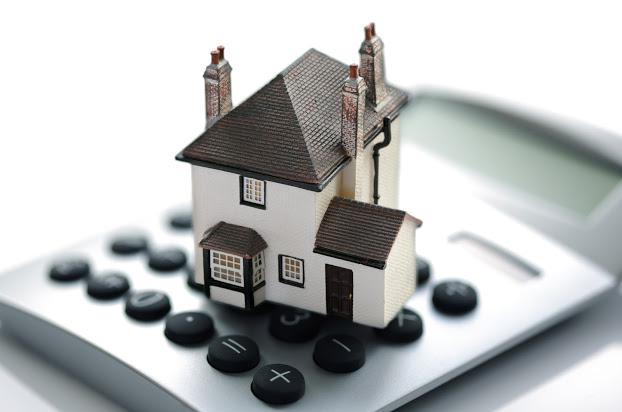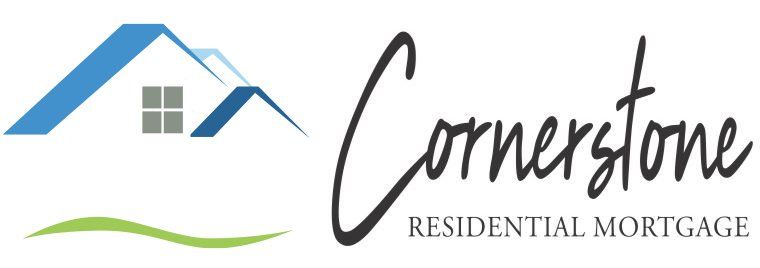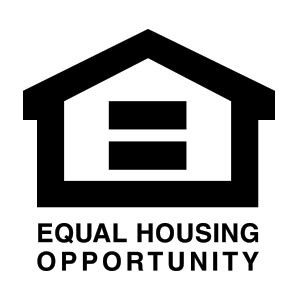Common Types of Mortgages and Their Uses
- By Admin
- •
- 25 Jun, 2019

Homebuyers have a variety of mortgage options available to them. If you're in the process of shopping for or buying a new house, here are some of the more common types of home mortgage and why you might want each.
Conventional Home Mortgage: Most Situations
Conventional home mortgages are perhaps the most straightforward of the various options. They have a fixed interest rate that remains the same for the duration of the loan, and they require a down payment between 5 and 20 percent of the home's value. Most conventional mortgages are either 15- or 30-year loans, but some offer other durations.
A conventional home mortgage is often a good choice if you have the required down payment saved up. Because these loans aren't promoted through a particular program, they don't come with the restrictions that some other, program-specific mortgage options have. The fixed interest rate means you won't pay more if the government increases interest rates in the future.
Adjustable Rate Home Mortgage: Stretching Budgets
Adjustable-rate mortgages, or ARMs, are so named because their interest rates are adjusted throughout the duration of the loan. Their rates go up when the government raises short-term interest rates, and their rates go down when short-term interest rates are lowered.
A particularly common version of this mortgage is the 5/1 ARM. With this setup, the interest rate doesn't change for five years but then adjust once per year. There are other variations.
Because ARMs' interest rates are based on the short-term rates set by the government, these mortgages tend to have lower rates than conventional mortgages. Conventional mortgages' rates are based on long-term rates that usually run higher than short-term ones.
If you're trying to stretch your budget to purchase an expensive home, an ARM's lower interest rate can make this type of mortgage attractive. When you pay less in interest, your monthly payment is smaller and you can secure a bigger loan.
FHA Mortgage: Small Down Payments
FHA mortgages are backed by the Federal Housing Authority, which guarantees repayment to the lender even if you default on the loan. This guarantee lowers the required down payment, allowing you to get a mortgage with as little as 3.5 percent down.
With a conventional mortgage, you'll be required to purchase private mortgage insurance (PMI) if you pay a down payment of less than 20 percent. Instead of purchasing PMI, an FHA loan may be a good option if you don't have much saved up for the initial purchase.
VA Mortgage: No Down Payments
VA mortgages are backed by the Department of Veterans Affairs and require no down payment. These are only available to current and retired armed forces personnel.
If you're able to qualify for a VA mortgage, this loan will usually offer the best interest rate and is the only option that requires absolutely nothing down. All you need to worry about are closing costs, and the seller may cover those.
Jumbo Mortgage: Expensive Homes
Jumbo mortgages are those that have balances higher than what the federal government will insure or purchase. In other words, these loans don't conform to the Freddie Mac and Fannie Mae requirements the government sets forth.
Because the government won't touch these loans, they usually come with stricter lending requirements than conventional and other conforming loans have. Expect to put a larger percentage down, and the interest rate on this type of loan is often higher.
If you're purchasing a particularly expensive home, a jumbo mortgage may be the only option available to you.
To secure a mortgage for a home you want to buy, contact Cornerstone Residential Mortgage.



